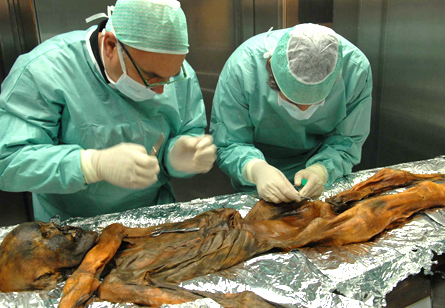Evolutionary biologist Stephen Jay Gould once pondered what would happen if the cassette “tape of life” were rewound and played again. Synthetic biologists have tested one aspect of this notion by engineering chromosomes from scratch, sticking them into yeast and seeing whether the modified organisms can still function normally.
They do, according to seven papers published today in Science that describe the creation, testing and refining of five redesigned yeast chromosomes1–7. Together with a sixth previously synthesized chromosome8, they represent more than one-third of the genome of the baker’s yeastSaccharomyces cerevisiae. An international consortium of more than 200 researchers that created the chromosomes expects to complete a fully synthetic yeast genome by the end of the year.
The work the team has already done could help to optimize the creation of microbes to pump out alcohol, drugs, fragrances and fuel. And it serves as a guide for future research on how genomes evolve and function.



 Your new post is loading...
Your new post is loading...









